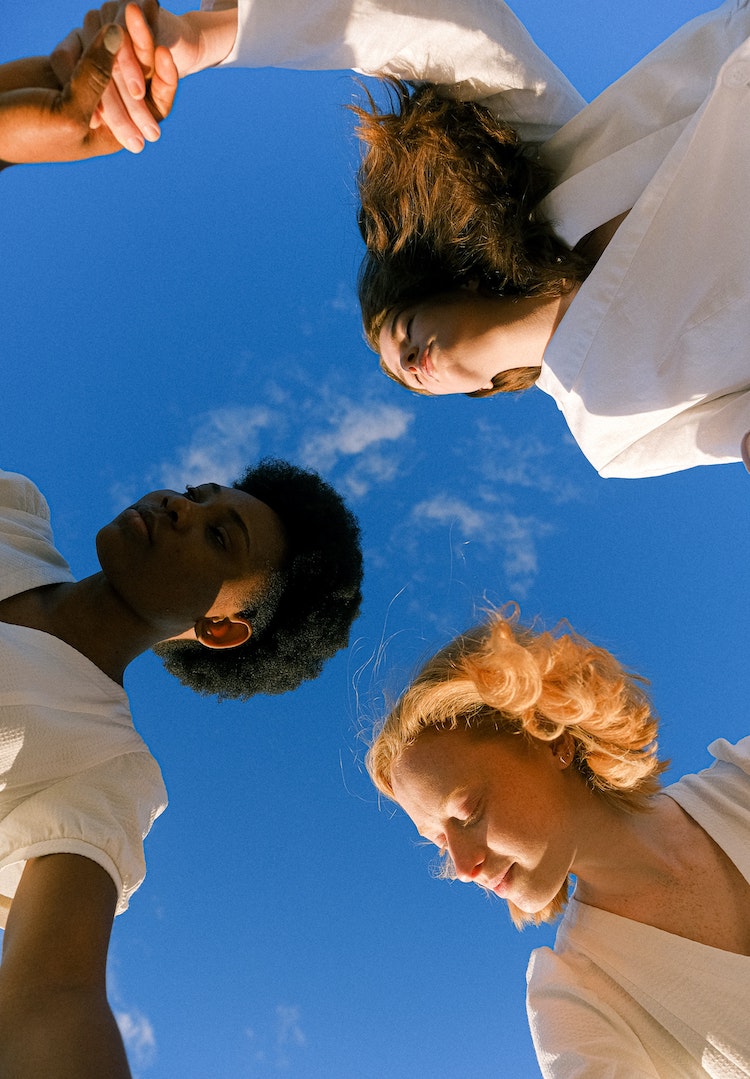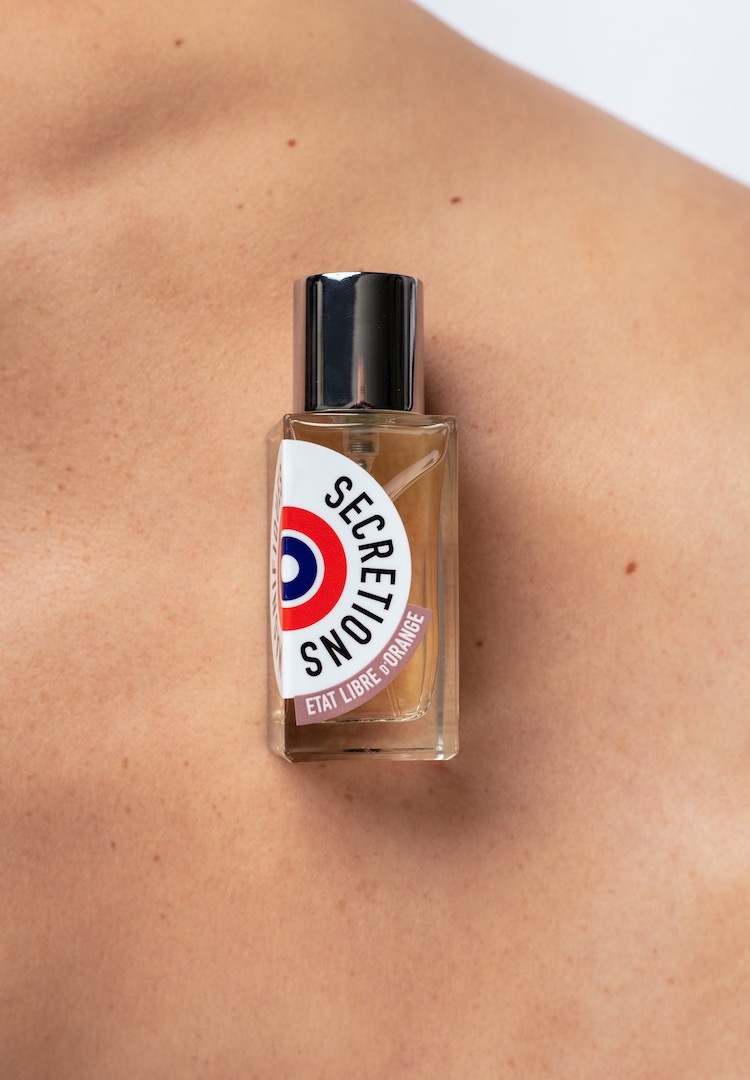Why rape culture thrives: An excerpt from Chanel Contos’ debut book, ‘Consent Laid Bare’
WORDS BY CHANEL CONTOS
“It is made abundantly clear that it is your responsibility to not attract the attention of men.”
We live in a society where most perpetrators of sexual assault continue their lives unaffected by their actions, often with praise and – sometimes – without even being aware of what they’ve done. At the same time, their victims carry the burden in the forms of shame, trauma, social stigma and constant self-limiting to avoid situations they perceive as risky and/or that could remind them of their experience. How can this happen in a world in which we so clearly understand that ‘rape is bad’?
For women, it starts in childhood, with a thousand throwaway phrases, a million microaggressions. Under the guise of protection, parents tell their daughters what to wear and how to act in order to avoid being raped: ‘Don’t wear that or you’ll get raped’; ‘Never walk alone in the dark or you’ll get raped’; ‘Don’t get drunk or you’ll get raped.’ This messaging is reinforced by media headlines that read, for example: ‘Woman raped at man’s flat after 12 glasses of wine’.
For more content like this, tap through to our Life section.
The onus of not being raped is firmly put on the girls, who internalise the victim-blaming ideology that if something were to happen to them, it would be their own fault. There are seldom conversations about how to ask for consent, and how to accept rejection. I also question how often boys are reminded not to rape someone every time they leave the house; if this was often, the headline would more likely read: ‘Man raped woman at his flat’, or it may not have to exist at all.
From the age of five, I was told, ‘Go change your clothes’ before men came into my house. As I got older, I wondered if the men were told not to sexualise a five-year-old girl. Now I question why it was acceptable to welcome someone into our family home who my parents thought had the potential to do that in the first place.
My answer: because we live in a rape culture society, where anyone could harbour the potential to do this. The options were to not let anyone in, or for my parents to assume the worst of everyone in order to keep me safe. But when you’re five and that’s what you’re told to do, you just change your singlet for a baggy T-shirt and shuffle around uncomfortably when someone who cares about you gives you a familiar look that you know silently says, ‘Don’t sit like that.’ It is made abundantly clear that it is your responsibility to not attract the attention of men.
As the years go on, you hear more and more about sex. You want to be able to contribute to lunchtime conversations, but you don’t have anyone in your life you feel comfortable being that intimate with. You’re at a party with a boy you have known for years. He’s in the ‘cool group’. You’re so excited to be kissing him. He keeps offering you drinks, you try to keep up accepting.
Then he asks you to do something you’re not sure of. He says, ‘I really want to do this with you.’ He complains, ‘All my friends have done it.’ He asks, ‘Why did you come upstairs with me if you didn’t want to do this?’ You don’t exactly say, ‘No,’ but you do shy away as he pushes you slightly and pleads. Suddenly, you’re doing it. It doesn’t feel good, but sex isn’t meant to feel good the first few times, right? You feel strange, so you don’t tell anyone at school on Monday. But he does.
You didn’t know it, but he has also been sitting in silence at lunchtime, feeling inferior to his peers who have ‘done it’ more than once. He went on a few dates with another girl and he quite liked her, but he was tired of being asked, ‘Have you railed her yet?’ and although he knows it’s just banter, he can’t help but let the jibes about him not being ‘man enough’ to go further with her get to him, so he broke up with her.
By Wednesday, everyone knows your cup size and you are officially classified as a ‘slut’. Some welcome you to the club, others shun you. The boy you were texting for a few weeks stops replying, but new texts come in from older boys now that they believe you can provide this service to them.
You’re thinking about it as you wait at the bus stop on the way home from school when, as usual, a carload of 25-year-olds drive by, honk and yell out to you. You go home and say that it embarrassed you. You’re told, ‘Boys will be boys,’ and to take the catcalling as a compliment. ‘I wish I still got catcalled,’ says your mum. Your brother overhears.
You see the boy at parties. You avoid eye contact and pretend not to hear his friends’ sly comments. You notice that all of your friends still say hello, even the ones who called you ‘easy’; he gets a raise in social status for cracking the ‘frigid’ girl. He belittles his ‘whipped’ friend who hasn’t ‘popped the cherry’ of his girlfriend yet. That weekend, his friend begs his girlfriend to go down on him so he can finally leave the ‘virgin club’.
You graduate from school. You go to university and learn about ‘consent’ and ‘sexual coercion’. You confide in close friends and family, and many of them take it upon themselves to double-check that you did not in fact want it to happen. You’re asked: ‘Why are you bringing this up now?’; ‘What were you wearing?’; ‘Were you drunk?’ You’re told to consider the implications this claim could have on the boy’s life and career. You say nothing further. He is now an executive at a large corporation; his friend is a member of parliament.
Now, let’s imagine another scenario entirely. You grow up without any part of your body being taboo. You know the difference between your vagina, your labia, your clitoris and all the rest, just like you know the difference between your ankles, feet and toes. You know that your body is yours and that if anyone ever touched you in any of those places, you could detail what happened without shame and without being accused of making it up. You go to school and get taught about this thing you’ve heard of before called sex. It’s not something that happens between birds and bees – it happens between humans. You will do it when you’re ready, and when you’re ready it will be fun.
You go to a party and almost have sex with an old friend. You realise you’re not enjoying the situation and you know that means that you should leave it. He notices something is off suddenly, and he asks if you’re okay and suggests going back to the party. Years later, you’re in a similar situation again. You feel good, comfortable and respected. You have sex and no one calls you a slut. You teach your kids what you learned, and about boundaries and respect. When they go to parties, you remind them to be considerate of other people’s bodies, especially your sons.
One day, your teen comes to you and tells you they were subjected to an unwanted sexual experience. You do not blame them for it. You do not question what they were wearing, or how intoxicated they were. You are grateful you have created a safe home environment where they feel comfortable speaking to you about it. You both know what sexual assault is and that it is not their fault or shameful in any way. You take correct measures instantly so the perpetrator is held to account and does not carry those values with them if they go into a position of power. If this second scenario was standard practice, the structural conditions that maintain rape culture would fall in a generation.
This is an edited extract from Consent Laid Bare by Chanel Contos, Macmillan Australia, RRP $36.99. Available now.













